What is a Noun? Understand the Basics
Good talking starts with understanding nouns. Nouns are the heart of language. They help us share thoughts, ideas, and things we see.
Knowing what noun definition means is key. It makes our words clear. Learning about nouns boosts our speaking and writing.
Let’s dive into nouns. We’ll see how they shape our words and help us connect with others.
Key Takeaways
- Understanding nouns is vital for effective communication.
- Nouns are fundamental components of language.
- Mastering noun definition enhances language skills.
- Nouns help identify and express thoughts and ideas.
- Clear understanding of nouns facilitates meaningful interactions.
What is a Noun: Definition and Function
Nouns are key to understanding language. They help us share ideas through sentences.
Basic Definition and Identification
A noun is a word for a person, place, thing, or idea. Words like “teacher,” “city,” “book,” and “happiness” are nouns. Look for words that show objects, concepts, or people to find nouns.
Nouns can be common or proper, concrete or abstract. Knowing this helps us see their role in sentences.
How Nouns Function in Sentences
Nouns are subjects, objects, or complements in sentences. They make things clear and give context. For example, in “The teacher is reading a book,” “teacher” and “book” are nouns.
They are the subject and object. Knowing how nouns work in sentences is key for clear communication.
By understanding nouns, we can make sentences that share our ideas well.
Types of Nouns You Should Know
Knowing the different types of nouns is key to good English speaking. Nouns are the basic parts of language. They help us express and understand better.
Common and Proper Nouns
Common nouns are general things like city or teacher. Proper nouns are names of people, places, or groups, like New York or Google. For example, “I’m going to the city” uses a common noun. But “I’m going to New York” uses a proper noun.
Concrete and Abstract Nouns
Concrete nouns are things we can see and touch, like book or chair. Abstract nouns are ideas or feelings, like happiness or freedom. For example, “She felt a sense of happiness” talks about a feeling.

Collective Nouns
Collective nouns are for groups of people, animals, or things, like family, herd, or team. They show a group as one thing. For example, “The team is winning” talks about the whole group.
Compound Nouns
Compound nouns are made from two words, like toothbrush or birthday cake. They can be separate words, hyphenated, or one word. For instance, “I’m buying a new toothbrush” talks about a specific thing.
Learning about these noun types helps you speak better English. Knowing how to use them makes your language skills stronger. It helps you understand and use English better.
Mastering Nouns: The Foundation of Effective Communication
Learning about nouns is key to making sentences clear and sharing our thoughts well. We’ve looked at the basics of nouns, their roles, and the different kinds out there.
We now know about common and proper nouns, and the difference between concrete and abstract ones. We also learned about collective and compound nouns. This knowledge helps us talk and write better.
As we keep learning about nouns, we can get better at using language. Try using what you’ve learned in your daily talks and writings. See how nouns help us connect and share our ideas.
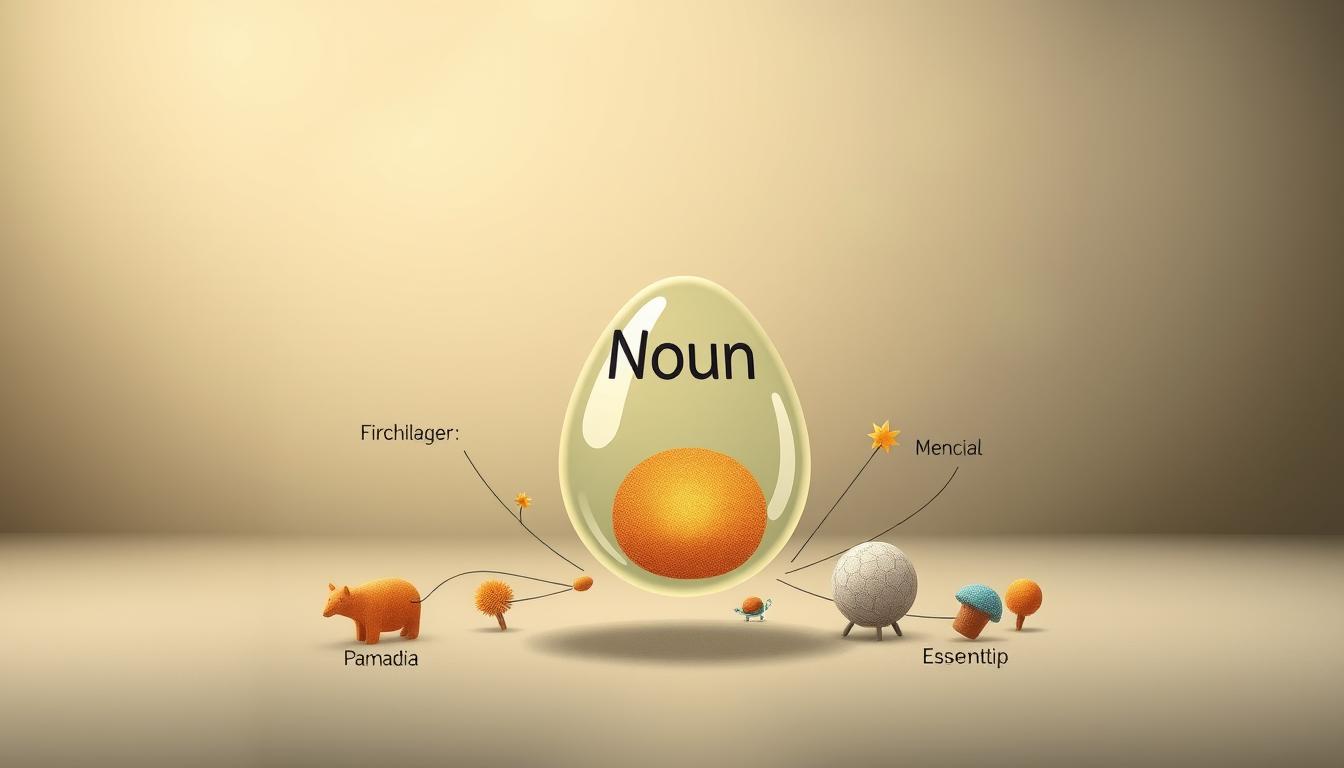










































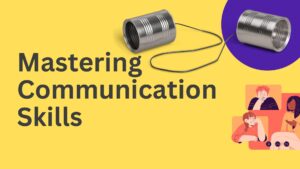








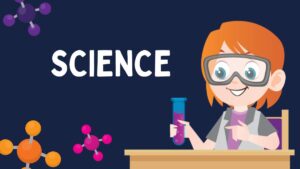












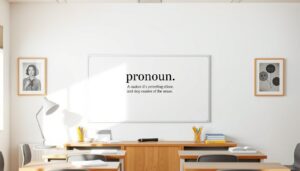
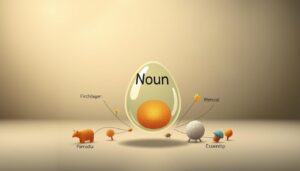
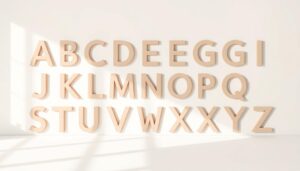



Post Comment